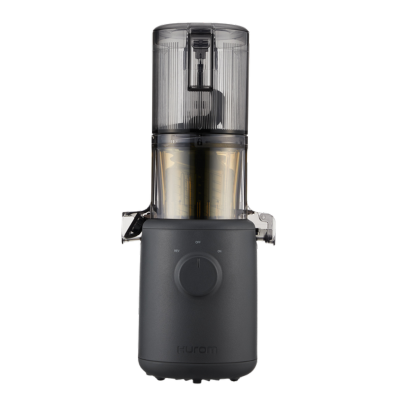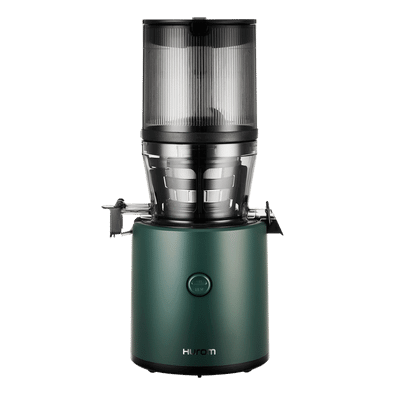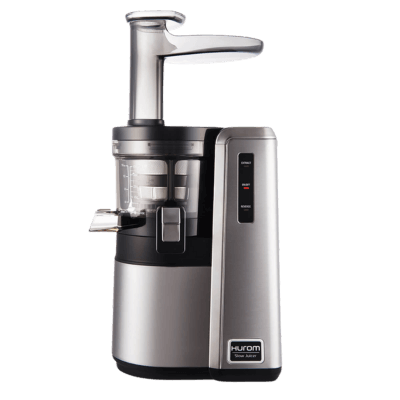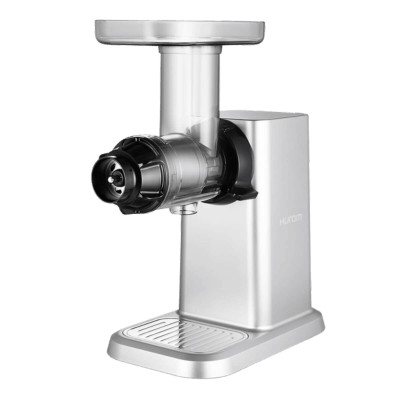Zaronite u naše recepte za spore sokove!
Od ukusnih voćnih sokova do super zdravih sokova od povrća, mi vas pokrivamo!
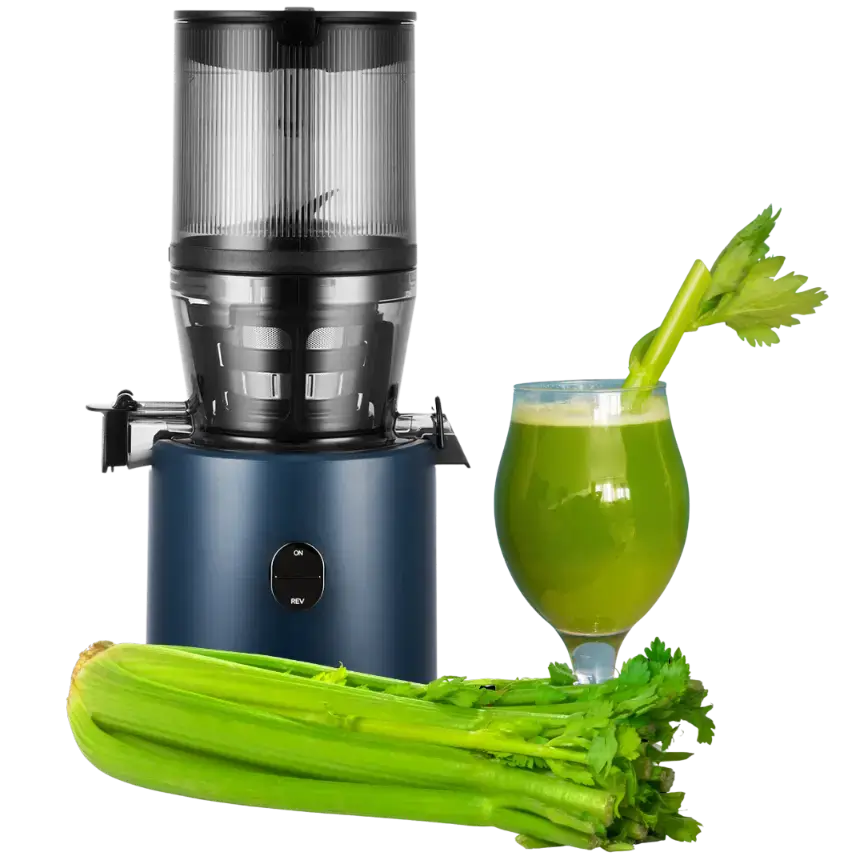
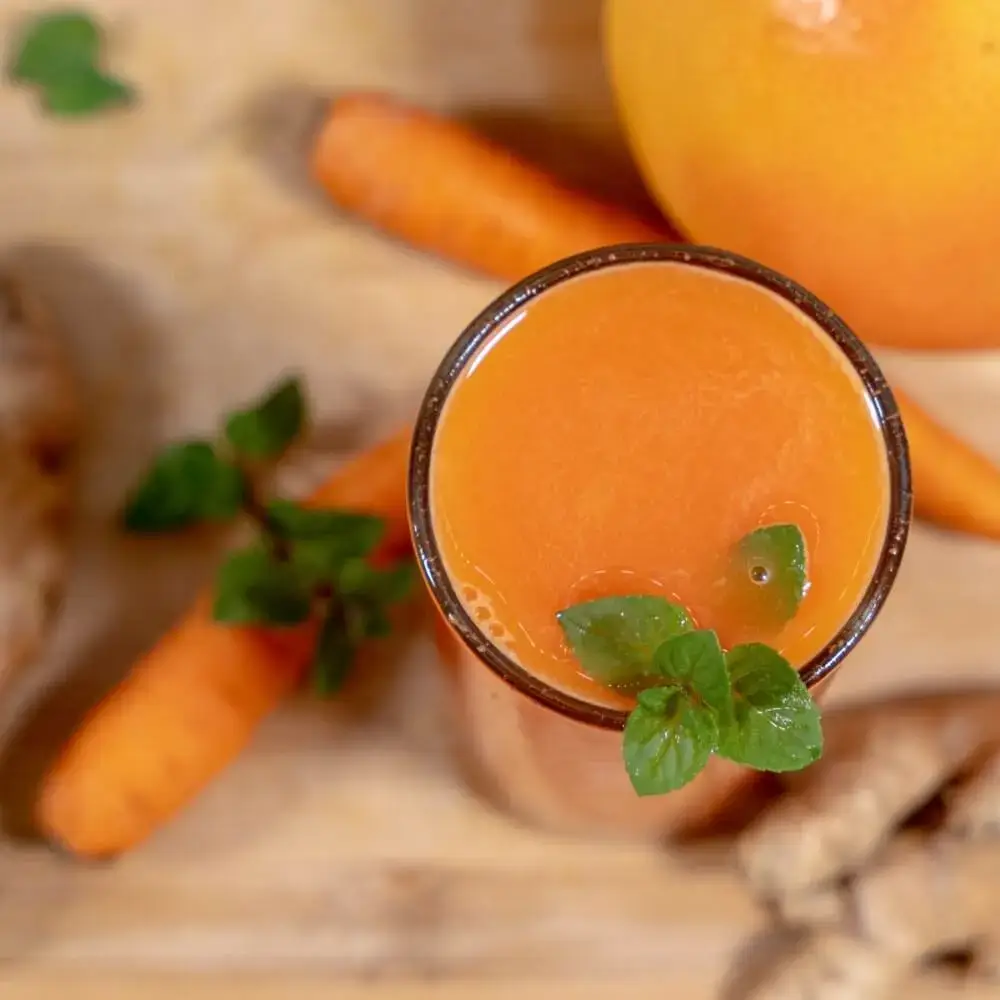
O JuiceNextu!
Što ćete pronaći na JuiceNextu?
Sokovnici koje sam dosad testirao
Kroz moje putovanje u cijeđenju sokova, mogao sam koristiti različite sokovnike. Evo, dijelim svoje iskustvo s vama!
Sokovi su izvor mladosti u čaši, pomlađuju tijelo i vraćaju vitalnost.
Jack LaLanne
Kum modernog fitnessa
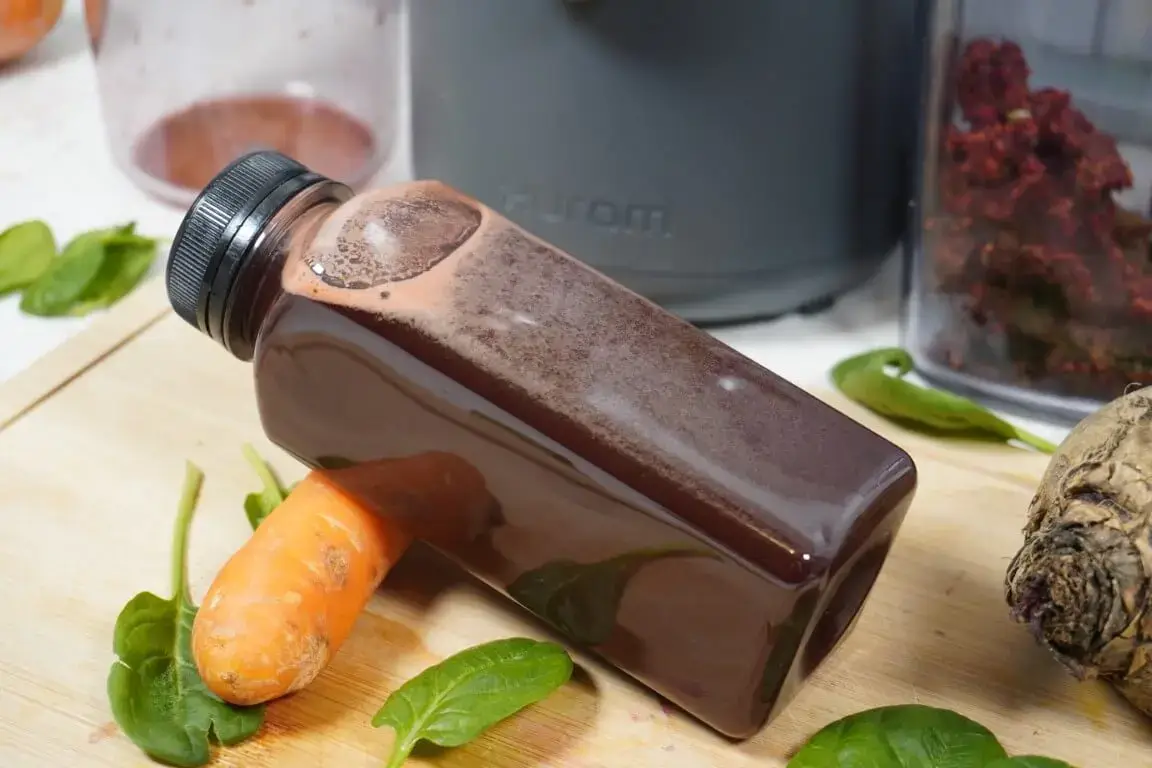
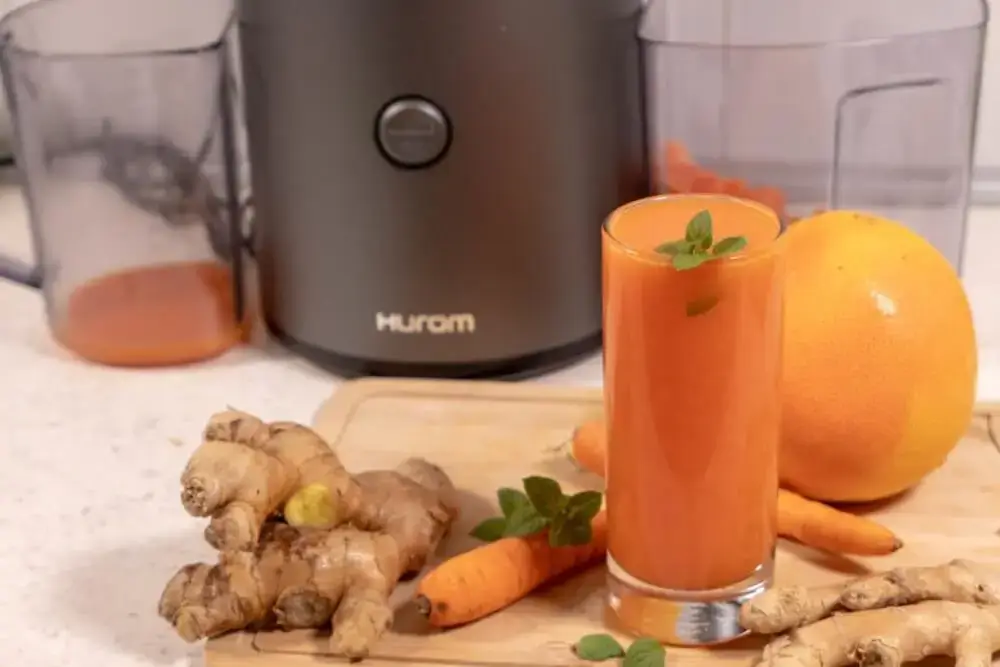
LJUBAV
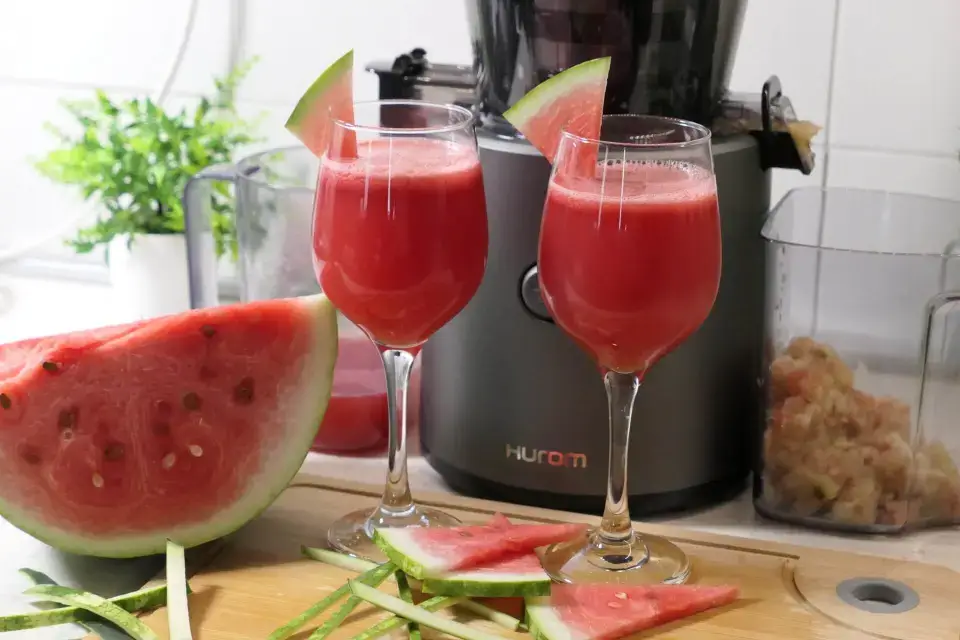
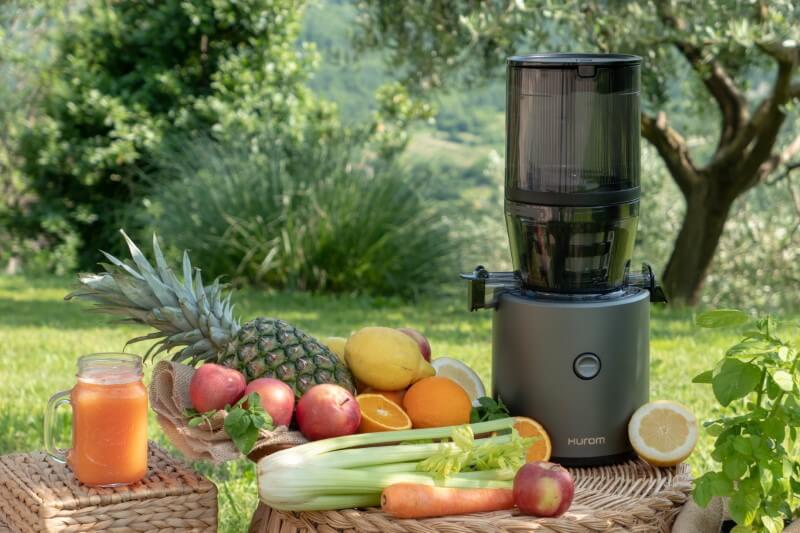
Pitanja
Često postavljana pitanja
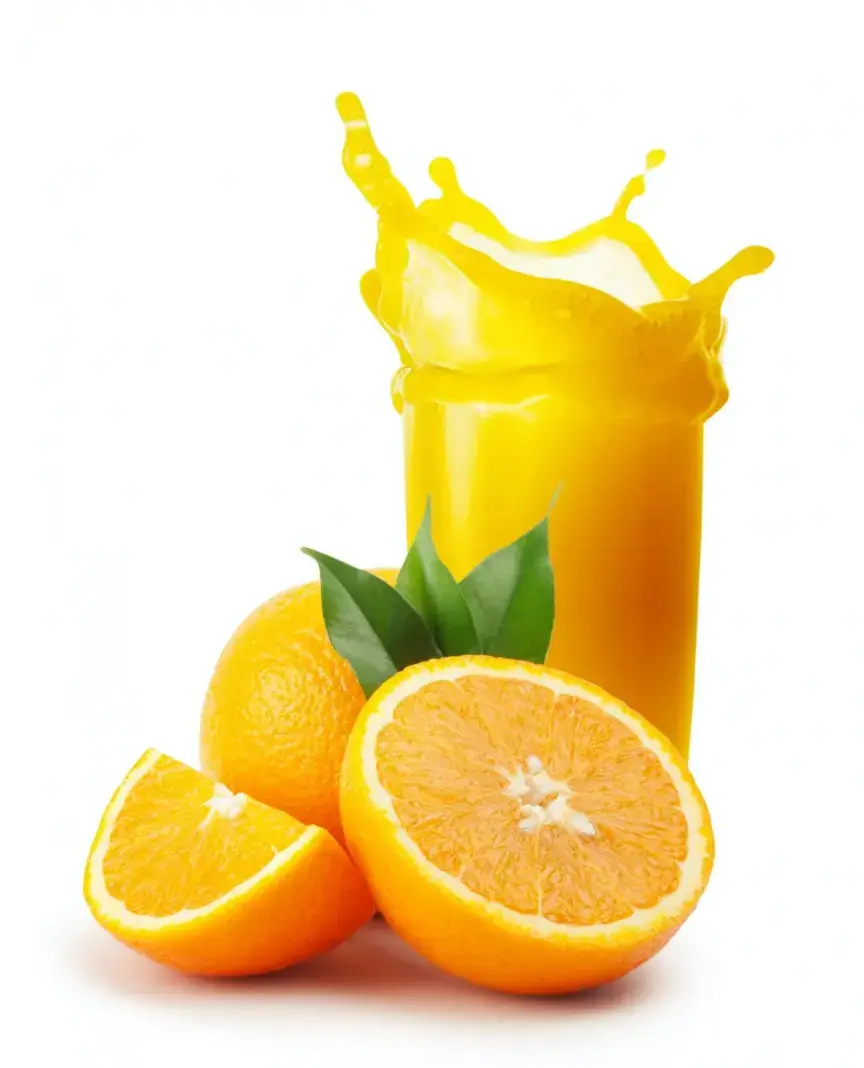
Slow juicing (also known as cold-press juicing or masticating juicing), is a method of extracting juice from fruits and vegetables using a slow rotating auger or gears. Unlike centrifugal juicing, which is using high-speed spinning blades, slow juicing operates at a much lower speed, minimizing heat and oxidation, and preserving more nutrients and enzymes in the juice.
Slow juicing retains more nutrients, vitamins, and enzymes due to its gentle extraction process. It also produces juice with less foam and separation, resulting in a smoother texture. Additionally, slow juicers are quieter and more efficient in extracting juice from leafy greens and fibrous vegetables.
You can juice leafy greens like kale and spinach, hard vegetables like carrots and beets, and soft fruits like apples and berries. Slow juicers can also effectively juice wheatgrass or make almond milk.
While slow juicers offer numerous benefits, including higher nutrient retention and quieter operation, they tend to have a higher initial cost compared to centrifugal juicers.
